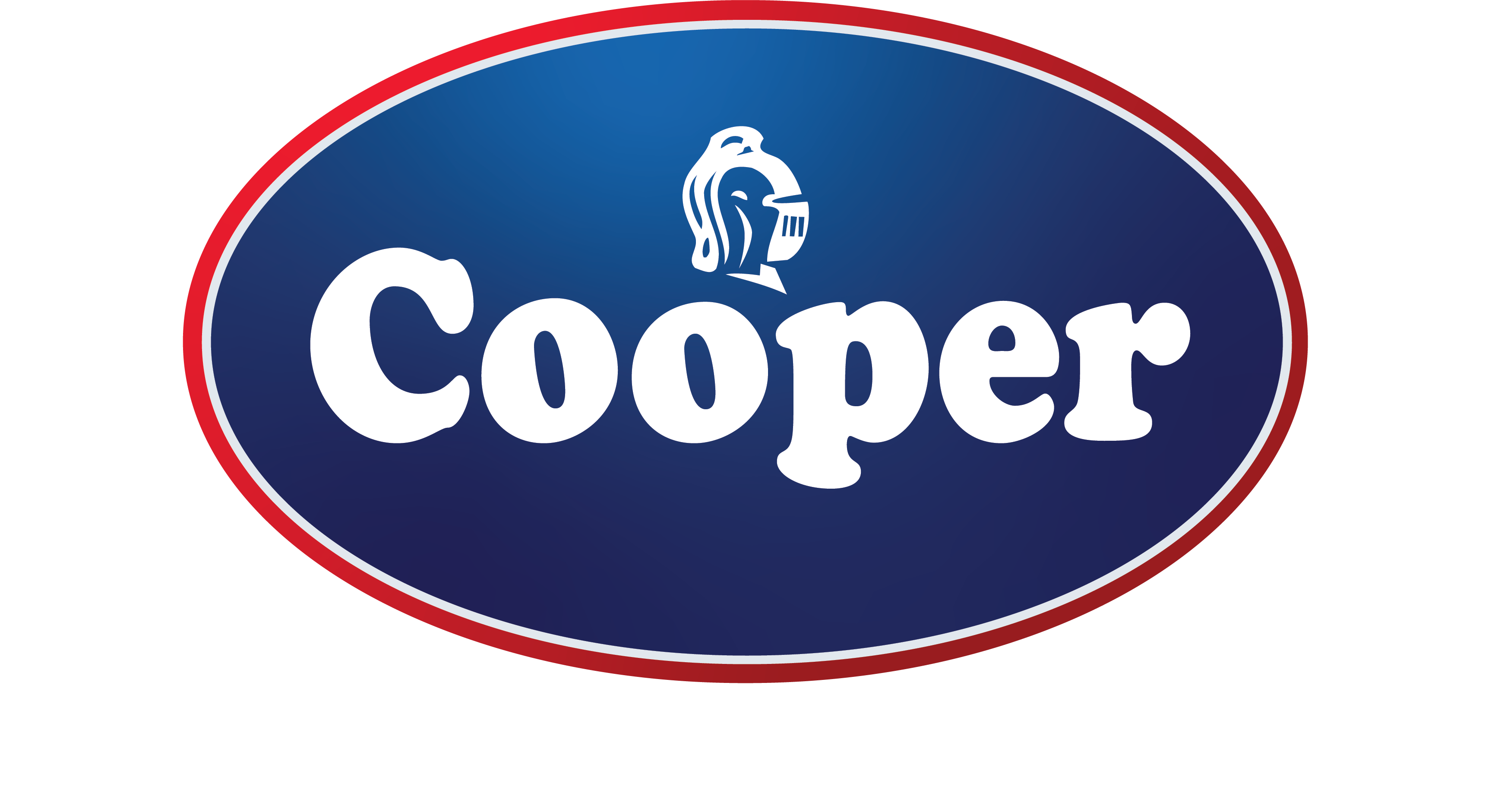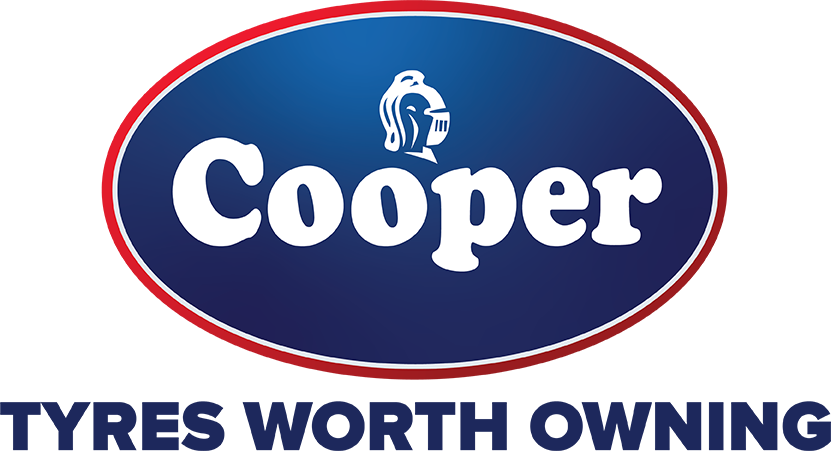HOW DO YOU KNOW YOUR COOPERS WILL GIVE YOU UP TO TWICE THE MILEAGE?
You may have noticed markings on the sidewall of your tyres for Treadwear, Traction and Temperature. These are UTQG ratings. UTQG stands for ‘Uniform Tyre Quality Grading’. The UTQG ratings originated in America to provide consumers with useful information to help them purchase tyres based on relative treadwear, traction and temperature capabilities.
American Law provides protection to consumers allowing them to directly compare the key attributes of a tyre such as traction and tread life. In America consumer laws are very demanding and every tyre manufacturer who sells their tyres in the USA must have their tyres tested independently and then submit their results to the Department of Transport. When the tyres are released into the American market these figures are used for verification and the results are referred to as UTQG.
In Australia there is no formal recognised testing for tyres. Imported tyres being sold in Australia are not tested in any way to check if they are of a SAFE standard. Because of this, some consumers are being told that tyres with UTQG markings are not valid or irrelevant in Australia – this is simply not true.
The UTQG system gives Australian consumers an easy, self-assessing way of comparing the expected life and performance of most tyre brands sold in Australia against the price they have to pay.
Where do I find these markings?
All tyres with a passenger construction that are sold in America must, by law, have these ratings marked on the sidewall. The majority of tyres sold in Australia do carry the UTQG ratings but some Asian imports do not have the information, making it harder to compare the tyres’ quality. Passenger, AWD and many 4WD tyres are covered by this law.
What do these ratings mean?
Treadwear grades are an indication of a tyre’s wear rate. The higher the treadwear number is, the longer it should take for the tread to wear down.
A ‘standard’ control tyre is assigned a grade of 100. The treadwear rate of all test tyres are then compared to that of the ‘standard’ tyre. For example, a tyre grade of 200 should wear twice as long as the control tyre.
Traction grades are an indication of a tyre’s ability to stop in the wet. A higher grade should allow your vehicle to stop on wet roads in a shorter distance than a tyre with a lower grade. Traction is graded from highest to lowest as AA, A, B and C.
Measured under controlled conditions on specified government test surfaces of asphalt and concrete, the tire to be tested is installed on the test apparatus, set to a standard pressure & load then towed over a wetted area at 65km/h. The rotating wheel is locked and the tire is dragged in this locked condition through the test area and the friction created is measured.
Temperature grades are an indication of a tyre’s resistance to heat. Sustained high temperature (for example, driving long distances in hot weather) can cause a tyre to deteriorate, leading to blowouts and tread separation.
Excessive speed, under inflation and overloading can all cause adverse heat build-up. From highest to lowest, a tyre’s resistance to heat is graded A, B or C. Grade C corresponds to a level of performance which all passenger car tires must meet under the Federal Motor Vehicle Safety Standard. Grades B and A represent higher levels of performance than the minimum required by law in the U.S.A.
Temperature grade is established by measuring a loaded tyre’s ability to operate at high speeds without failure by running an inflated test tire against a large diameter high-speed laboratory test wheel.
How do the Treadwear, Traction and Temperature ratings of Cooper Tires compare to other tyres?
Proof that Cooper tyres will give you more mileage than many original equipment tyres is on the sidewall of the tyre. Treadwear is one of the three UTQG ratings drivers use to compare the value of different tyre brands. The higher the treadwear rating, the more mileage you could expect from the tyre.
What Treadwear Rating do your tyres have? Compare them now!
For more information about Cooper Tires call 1300 COOPER.



